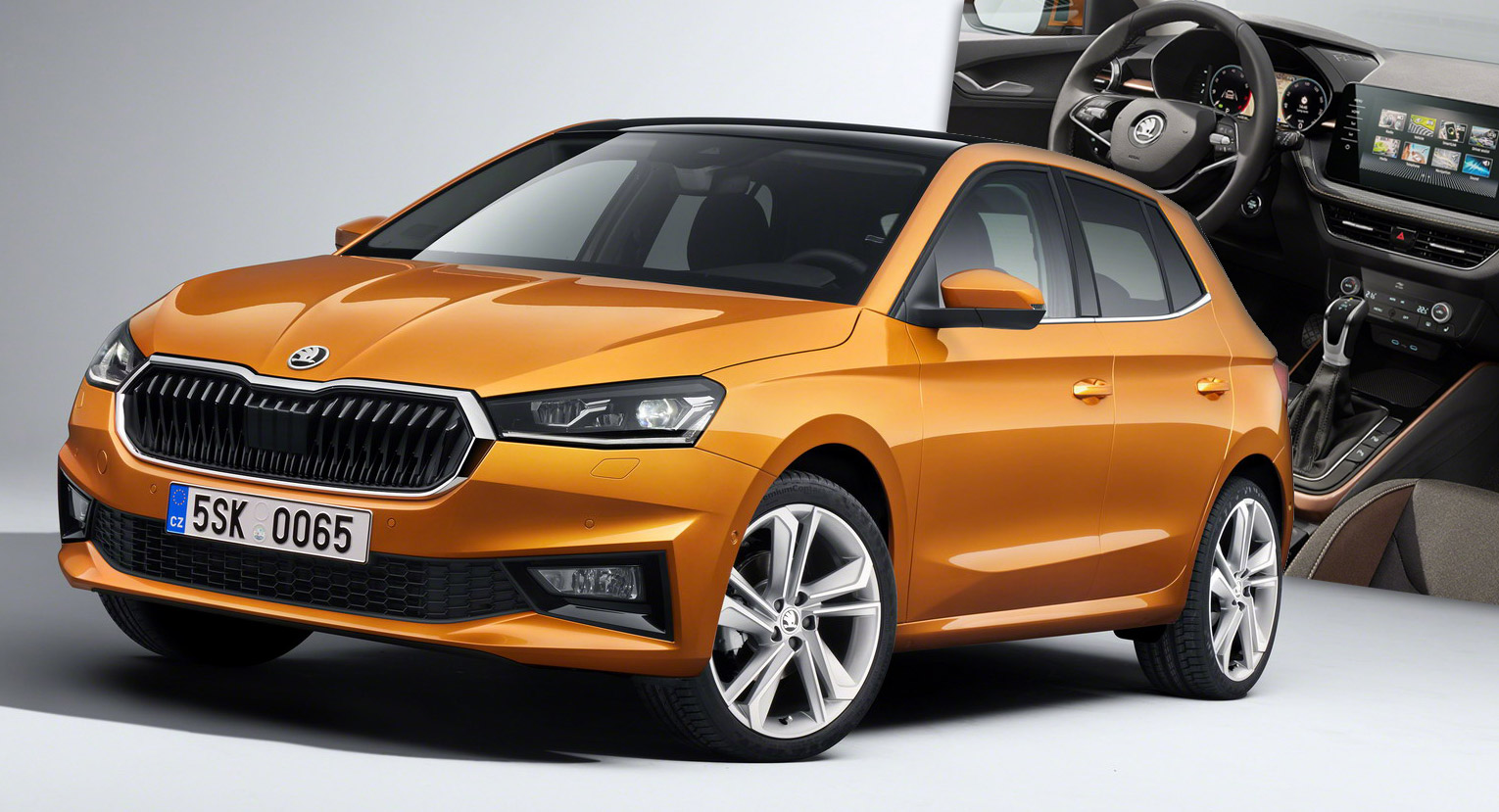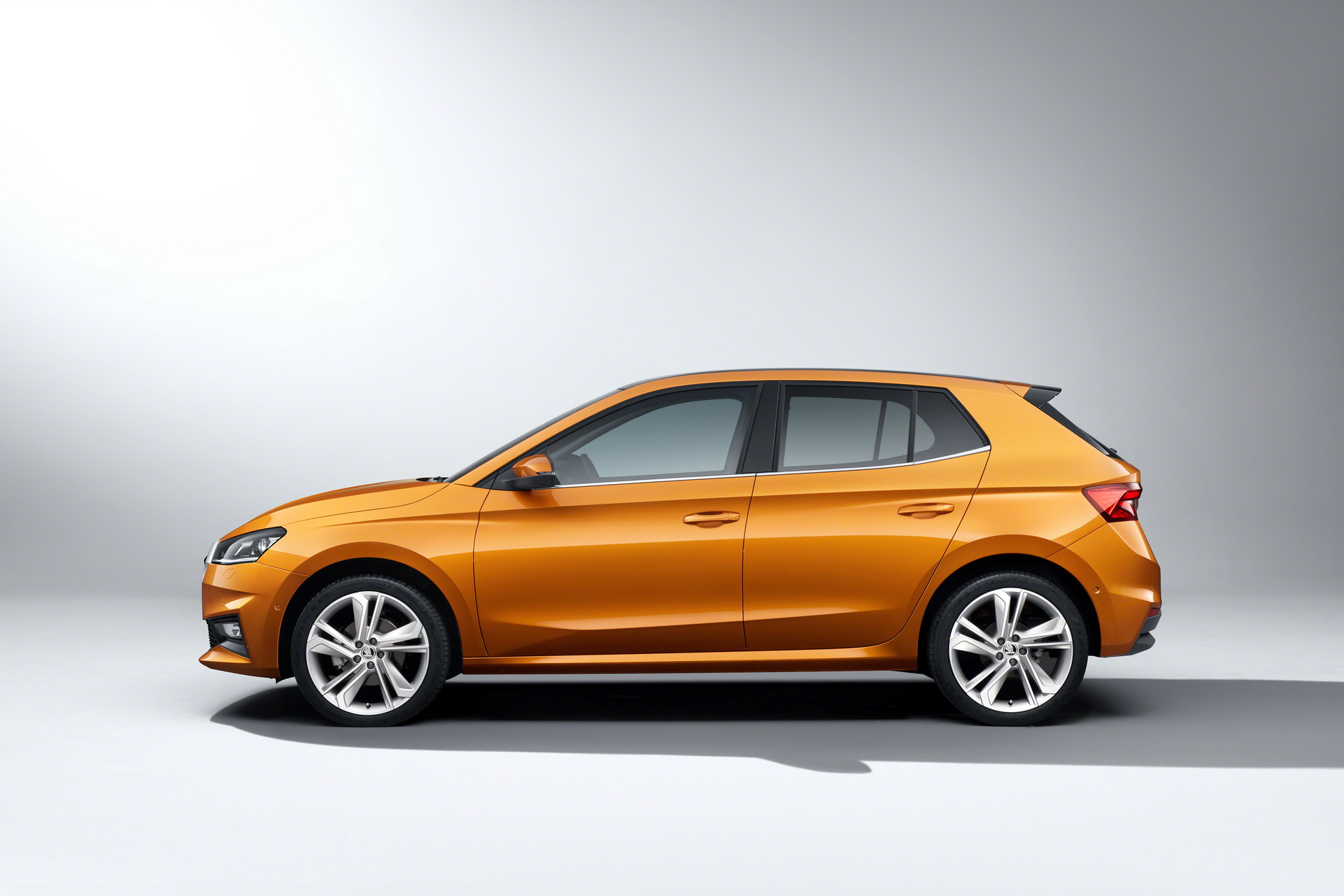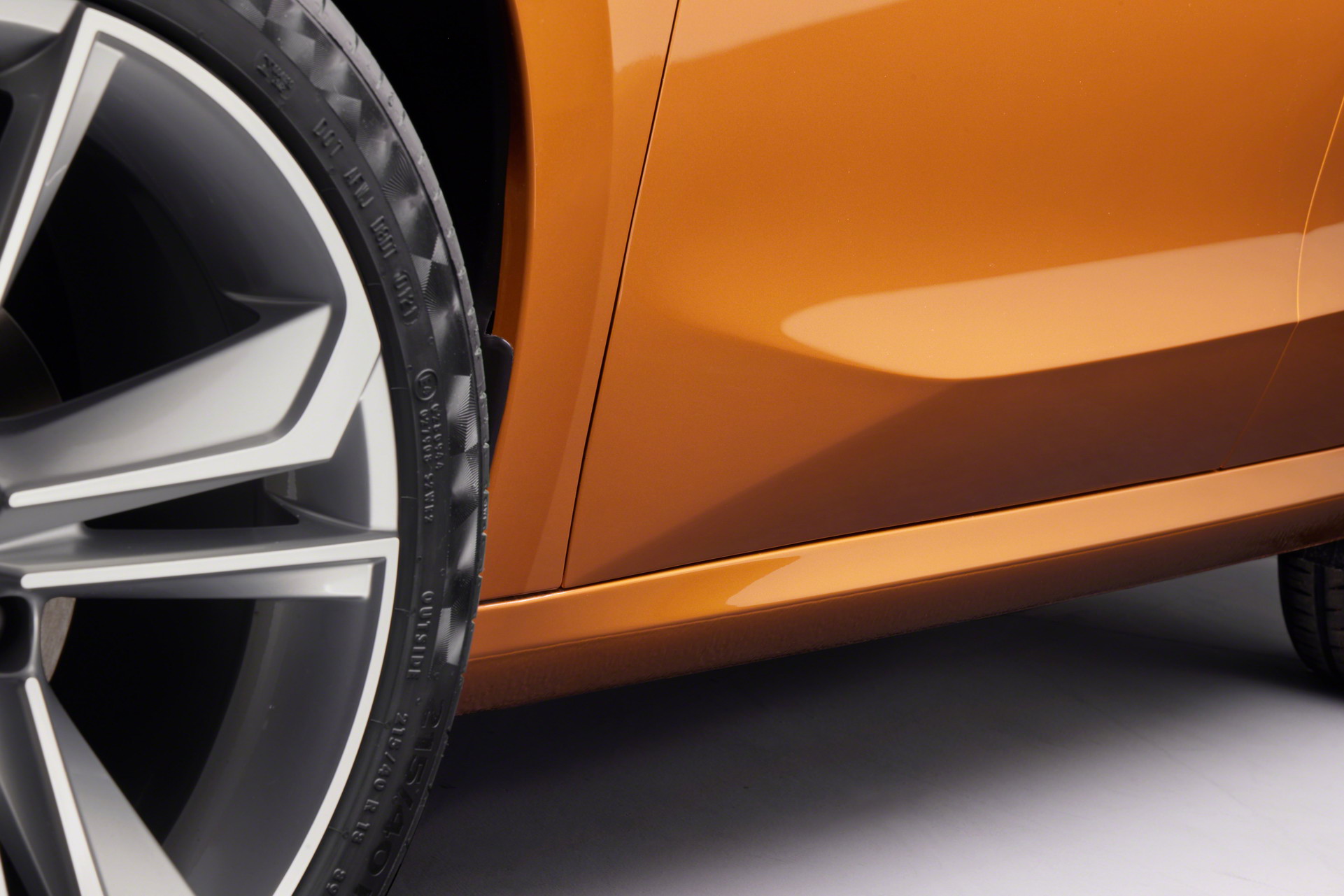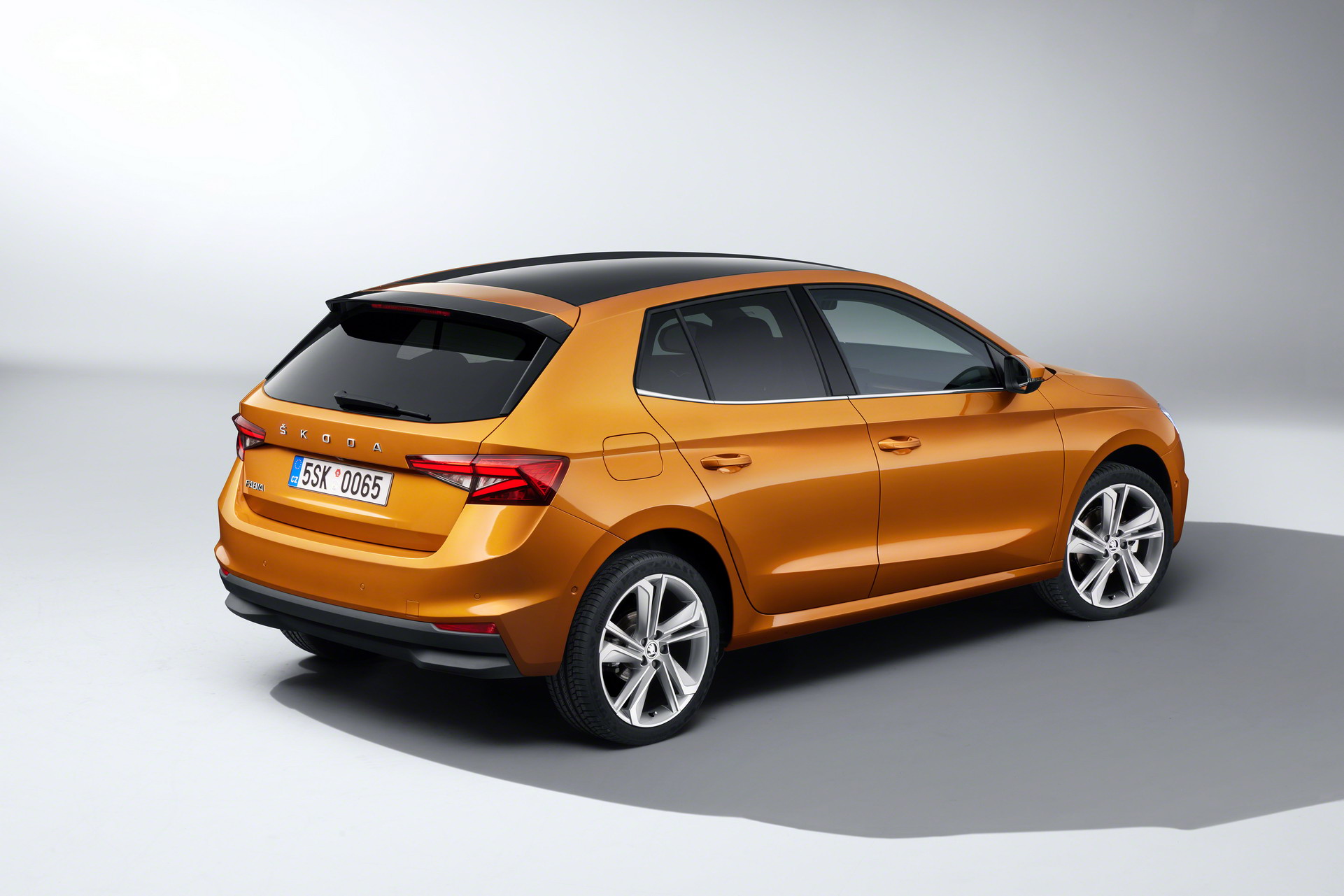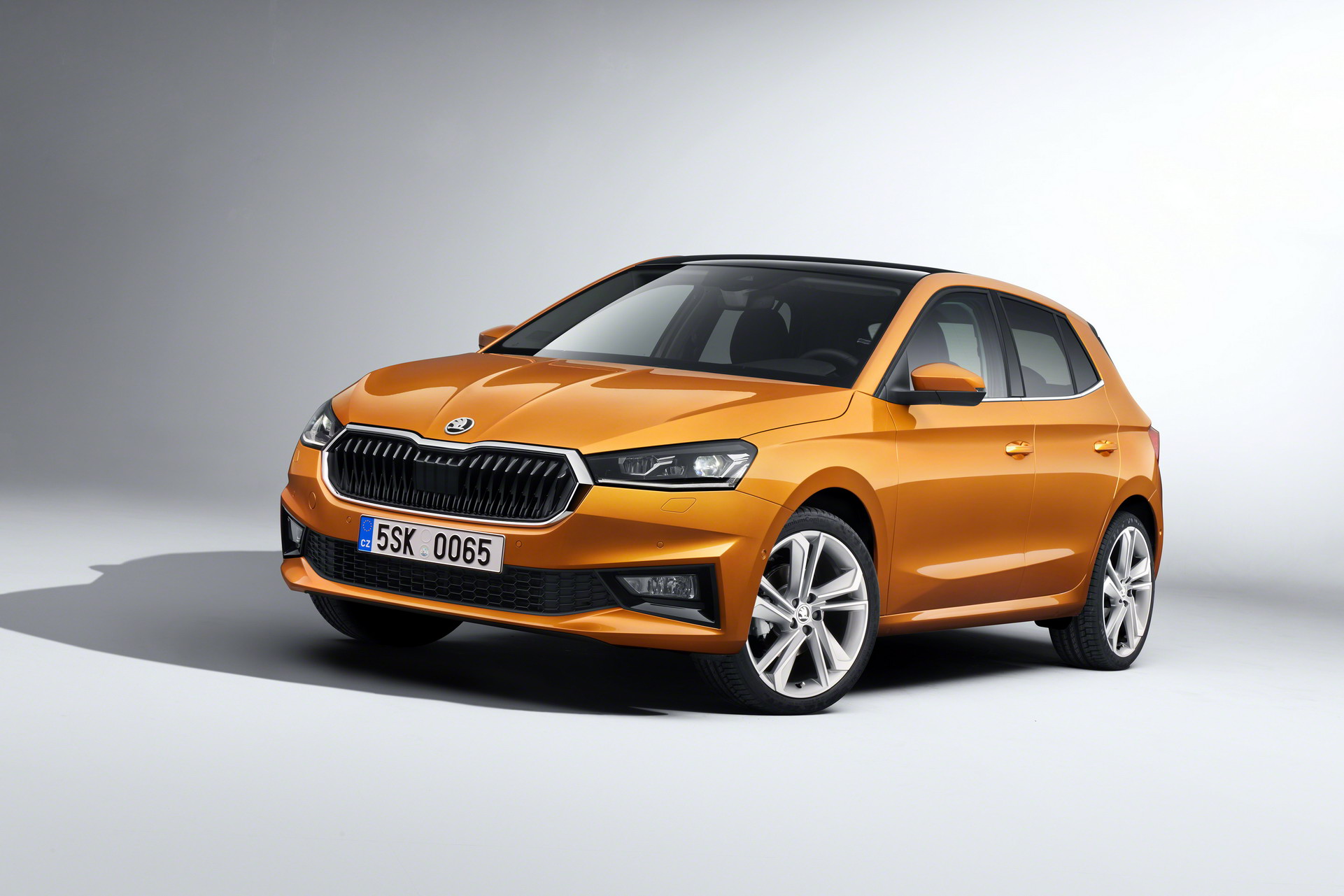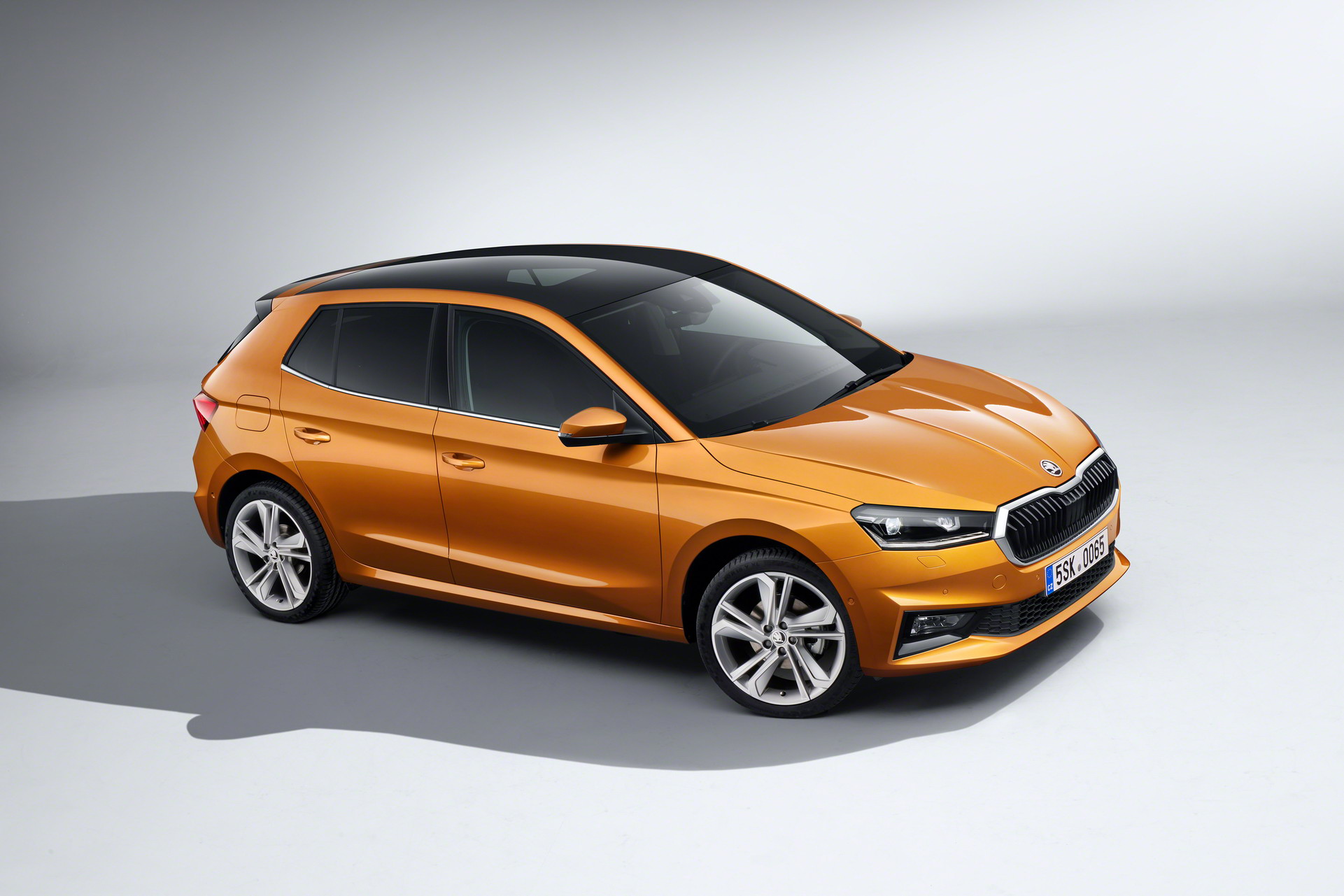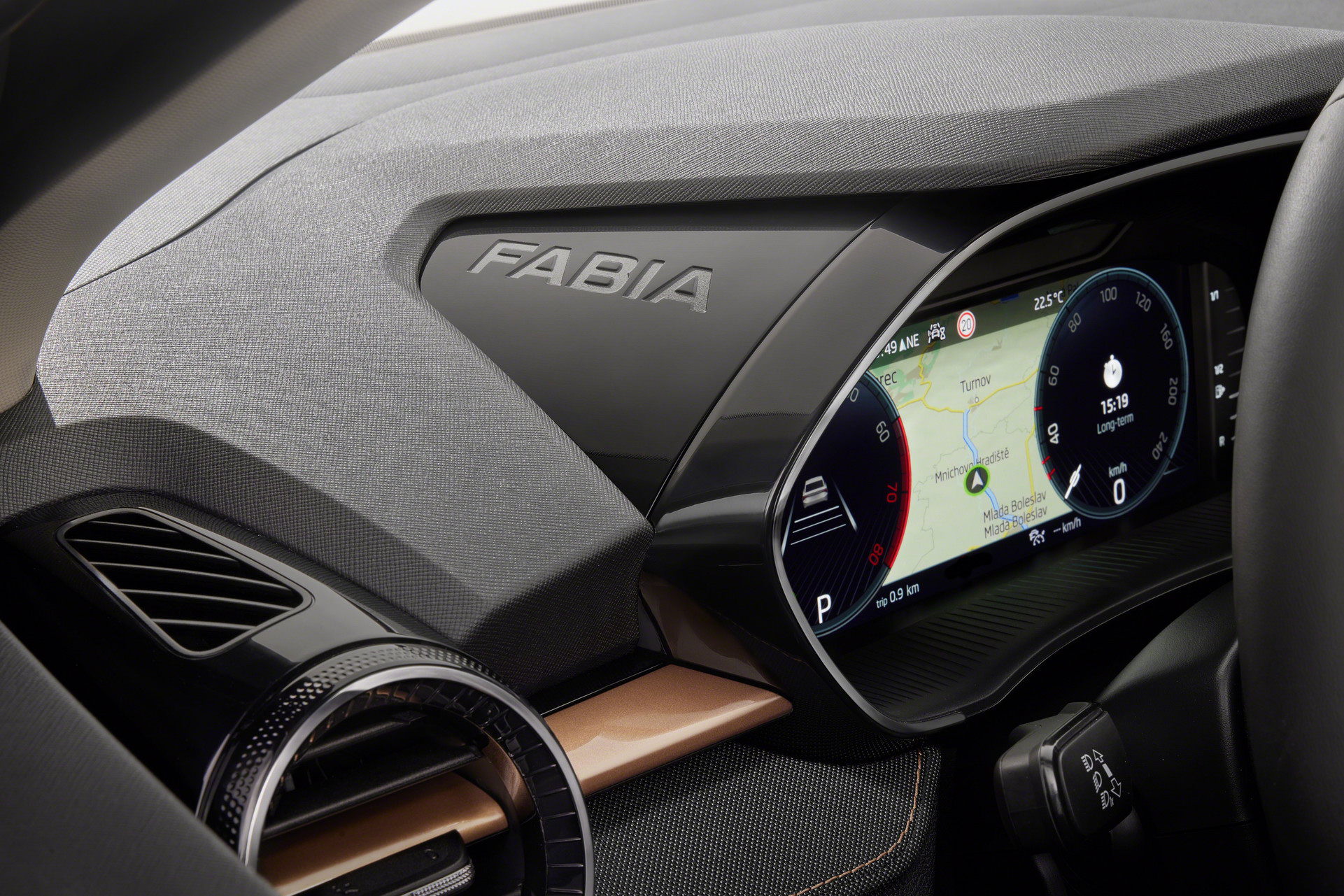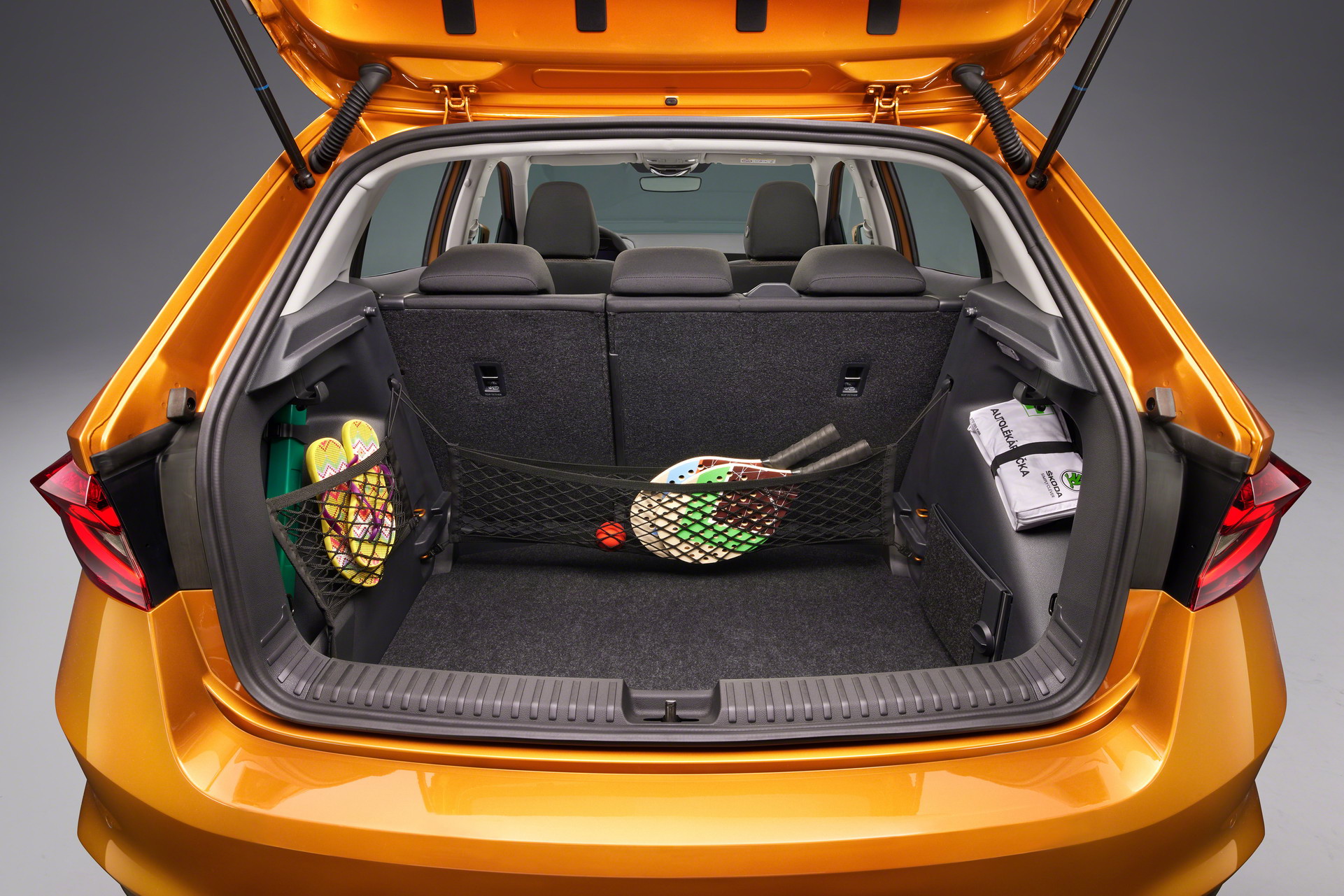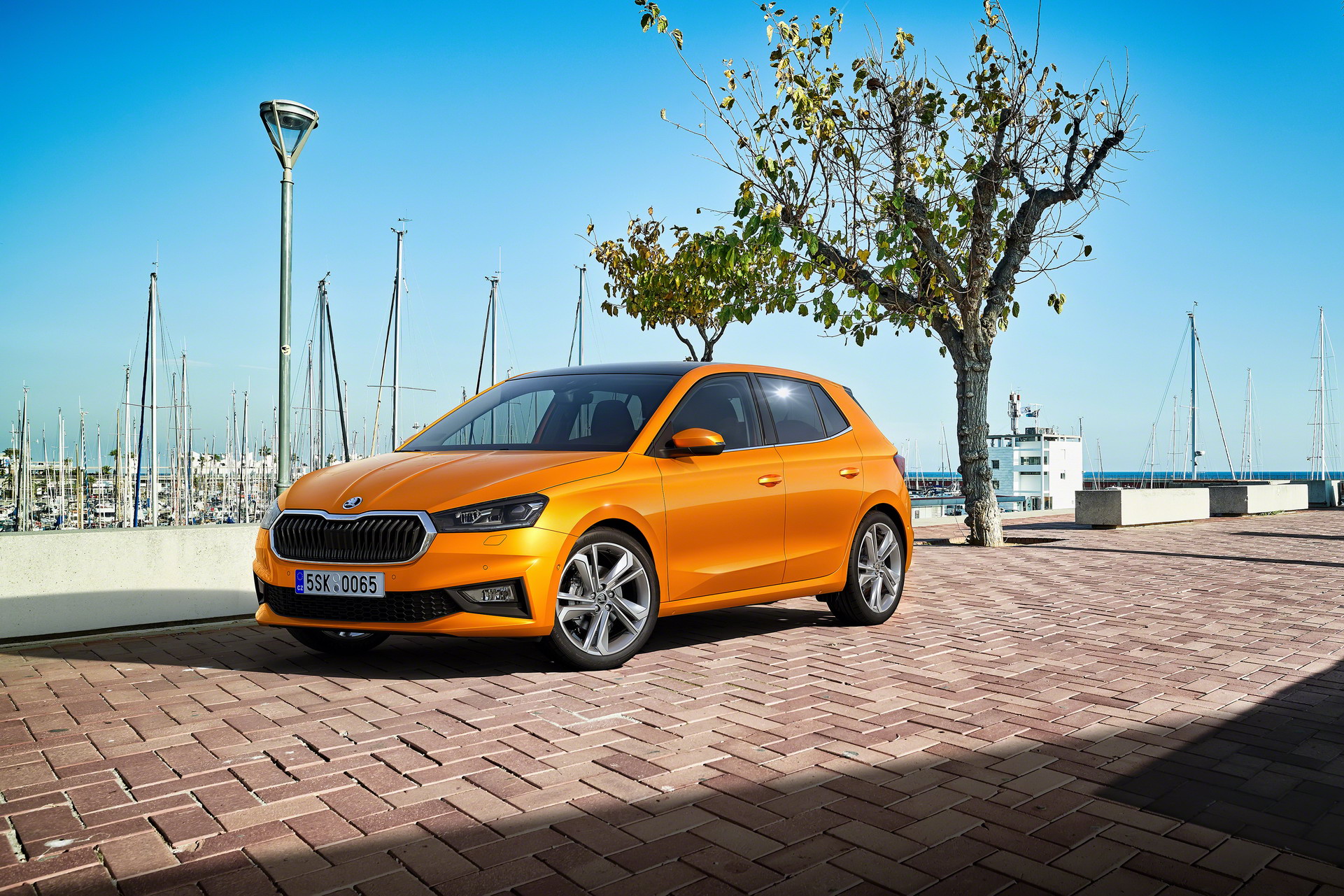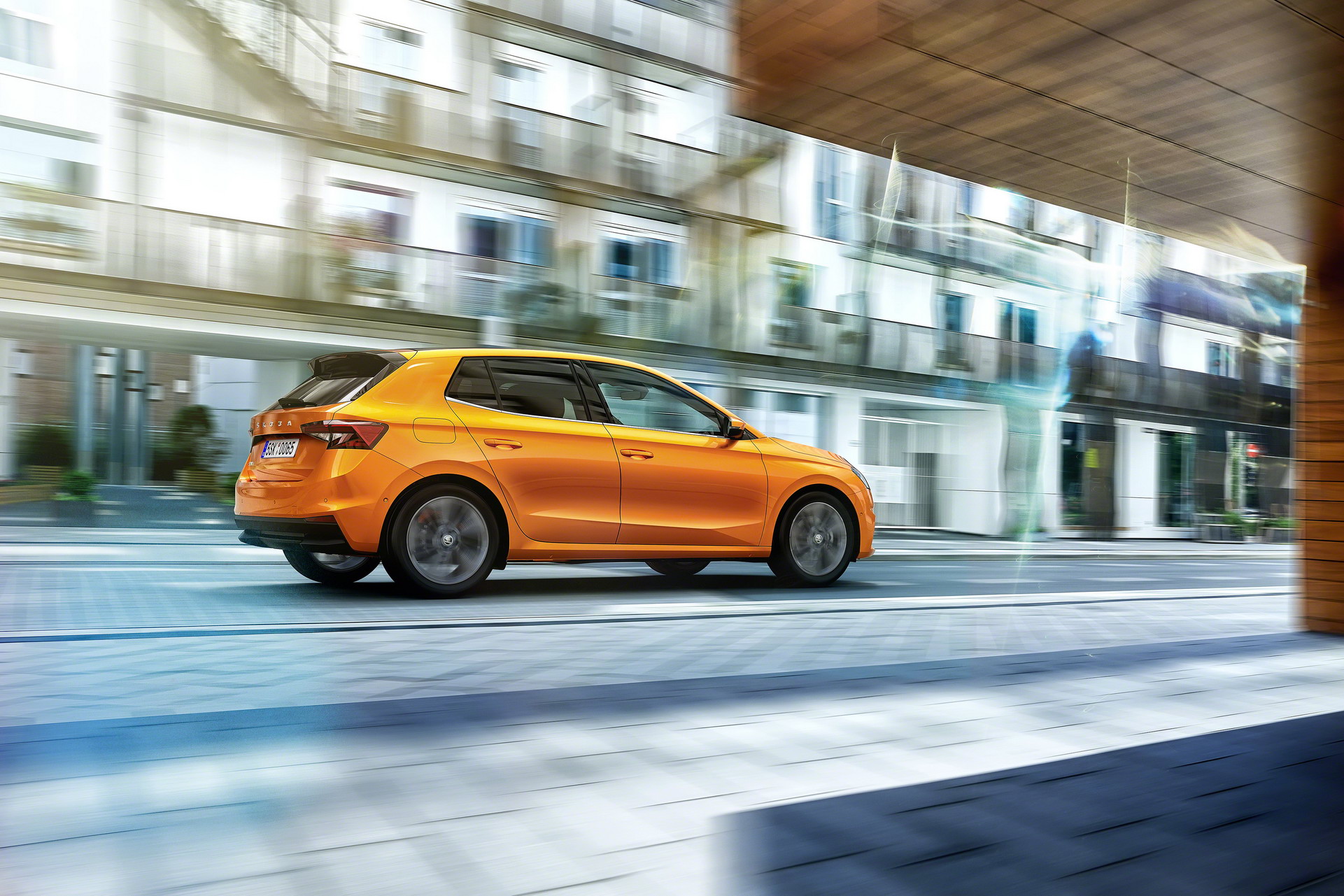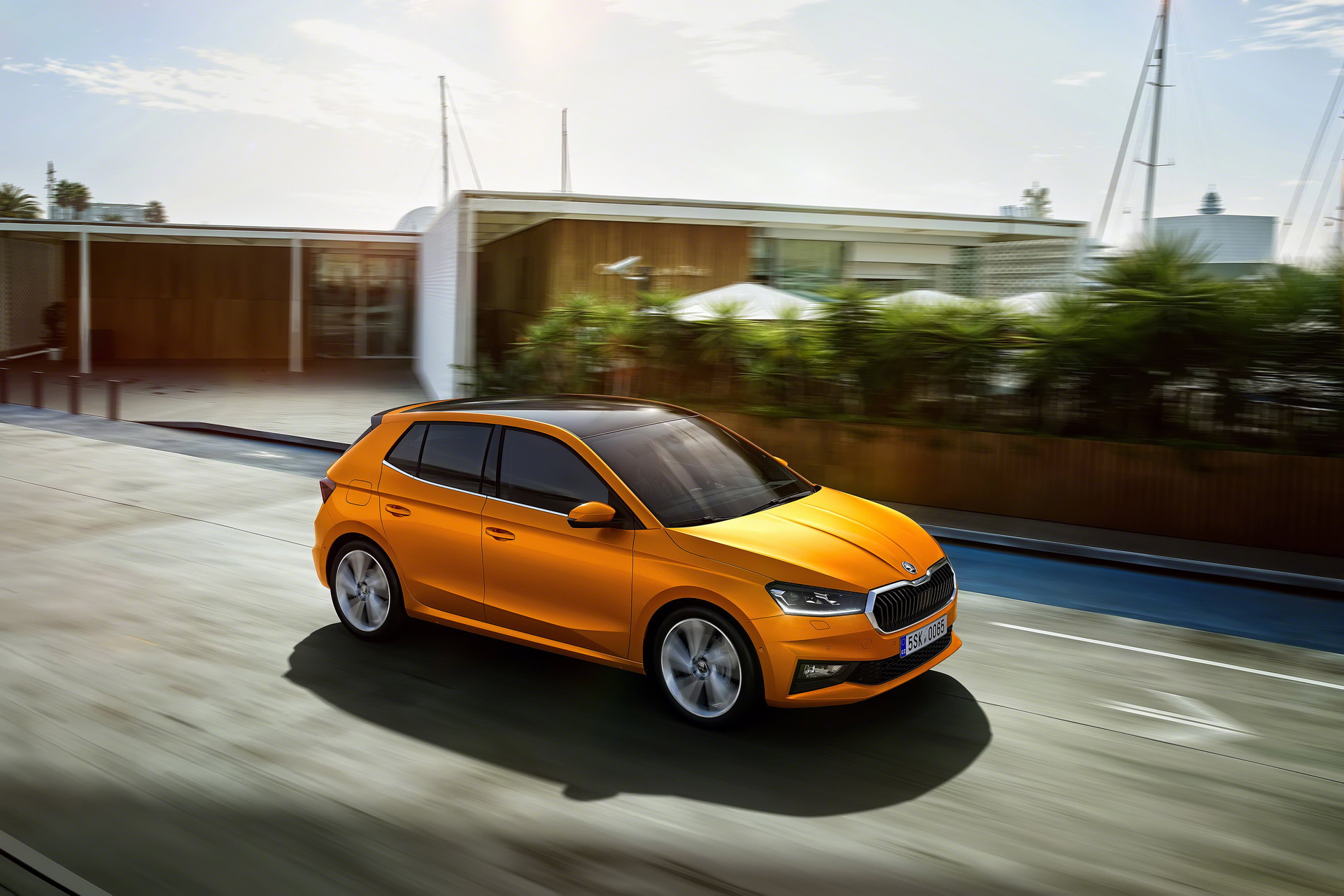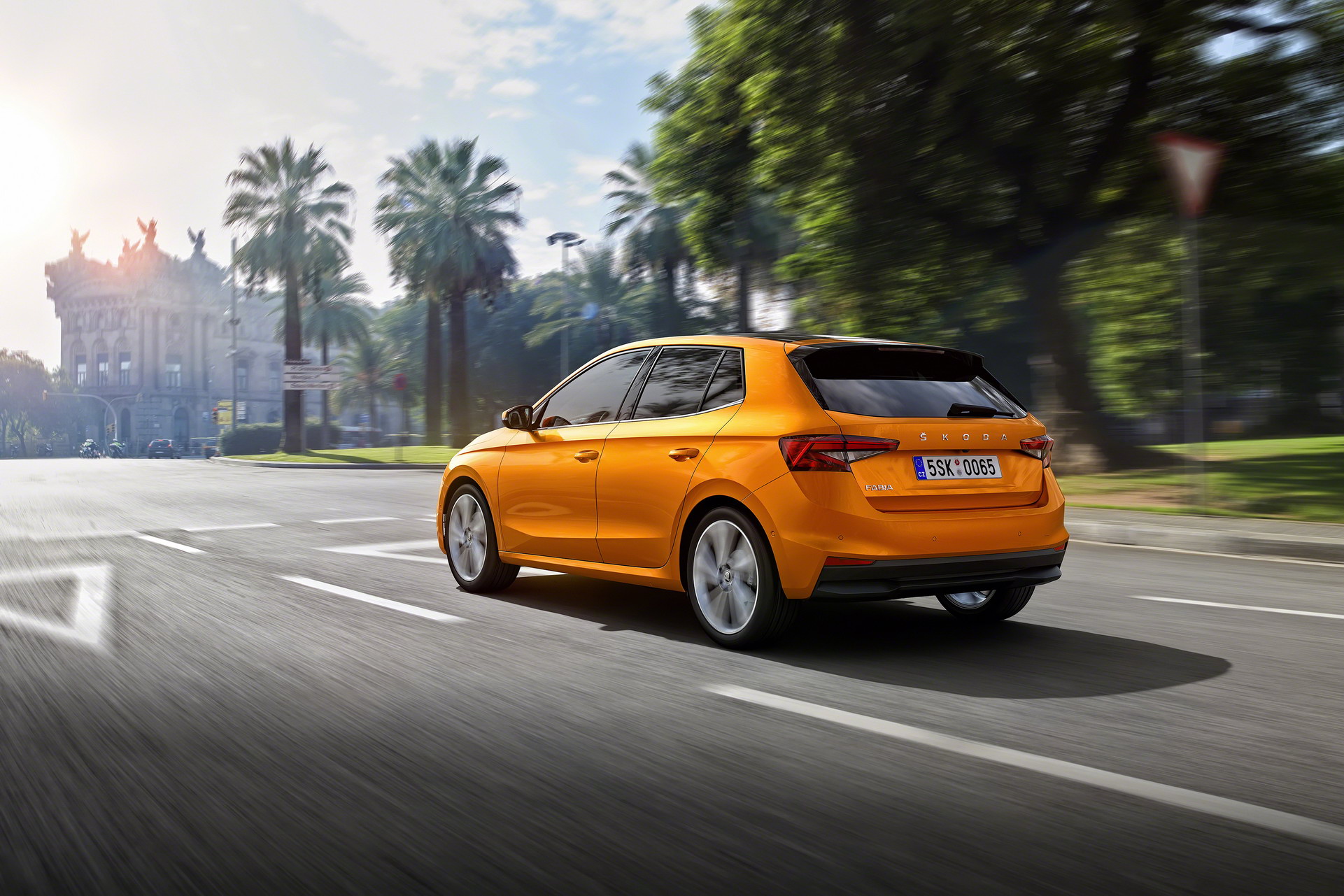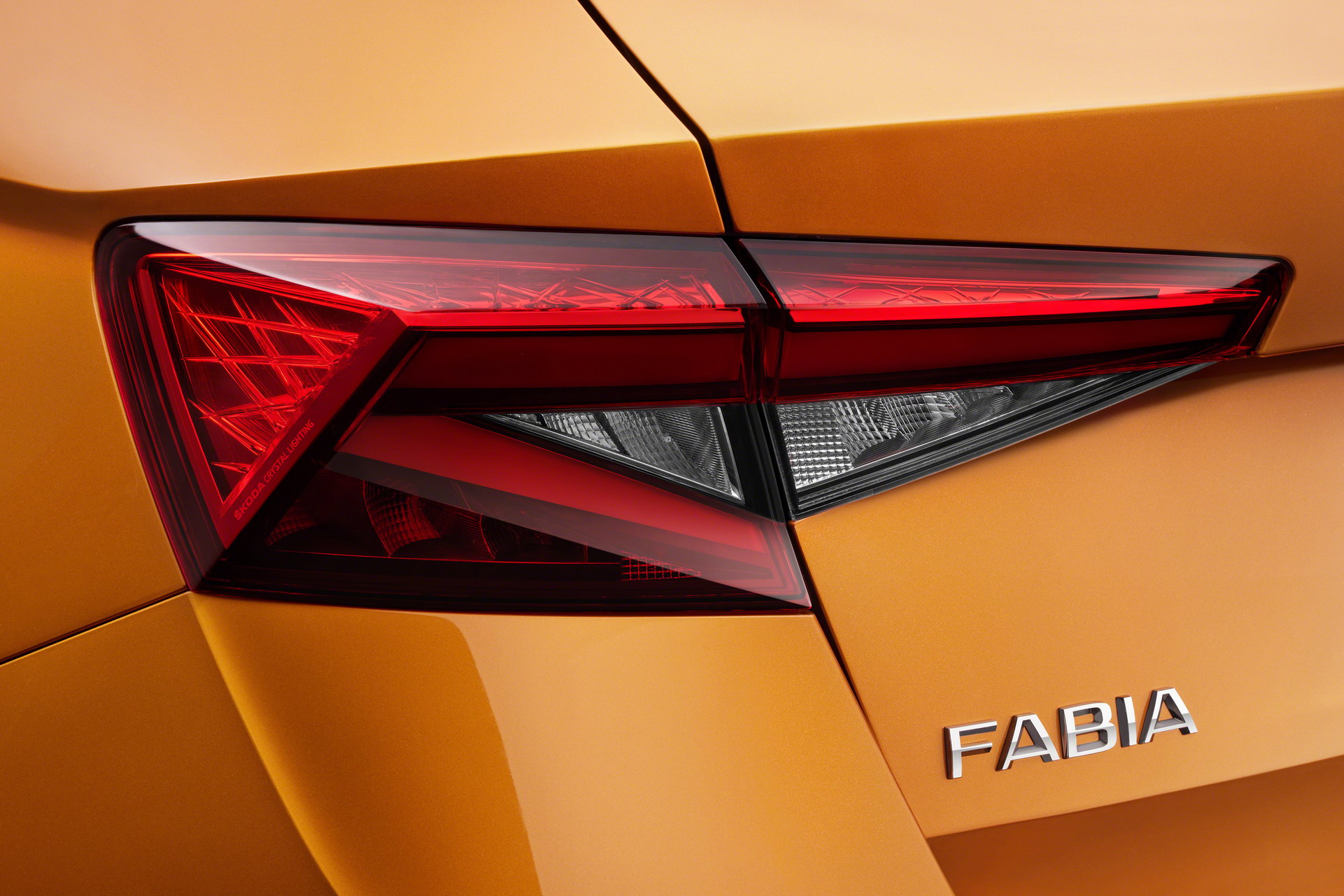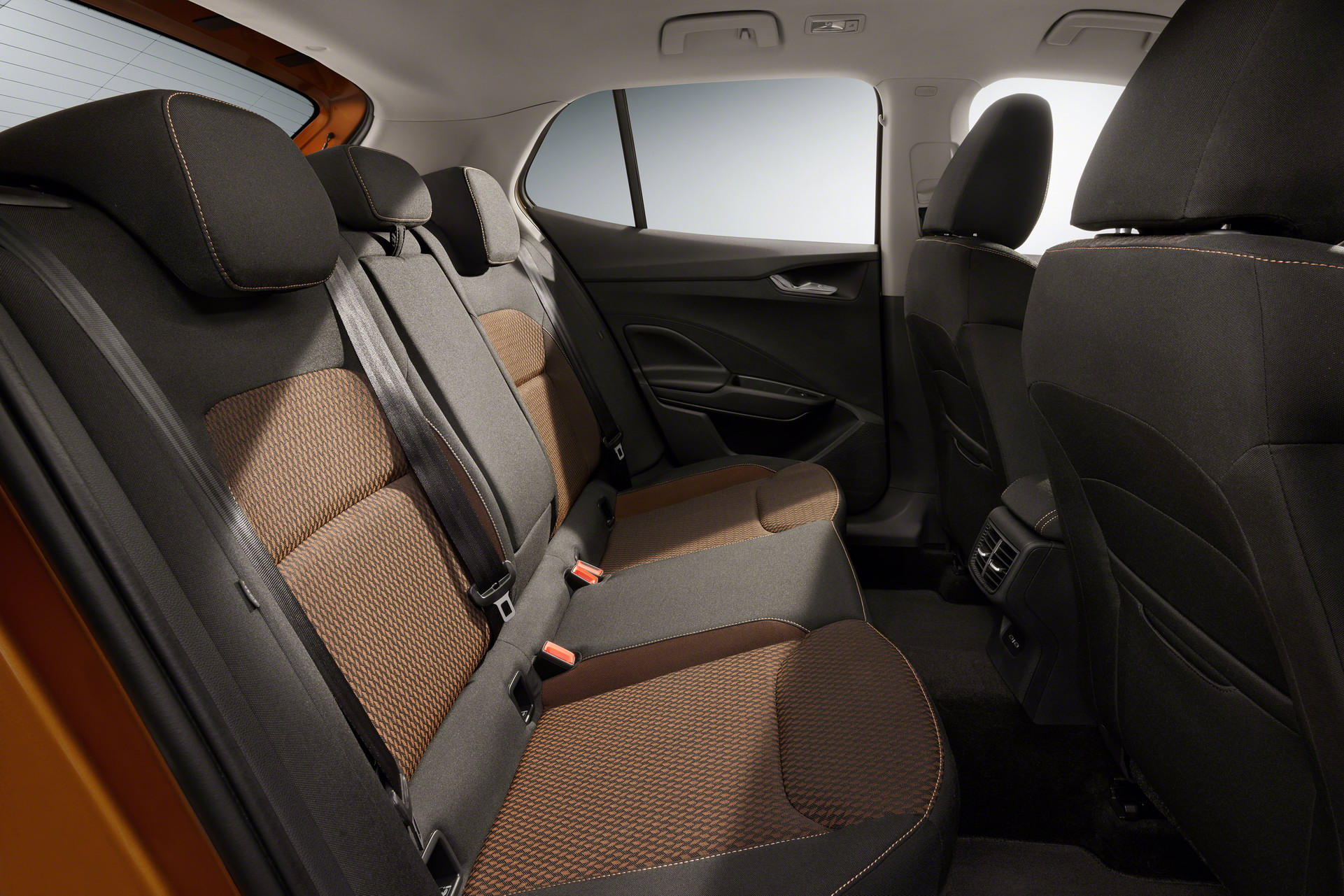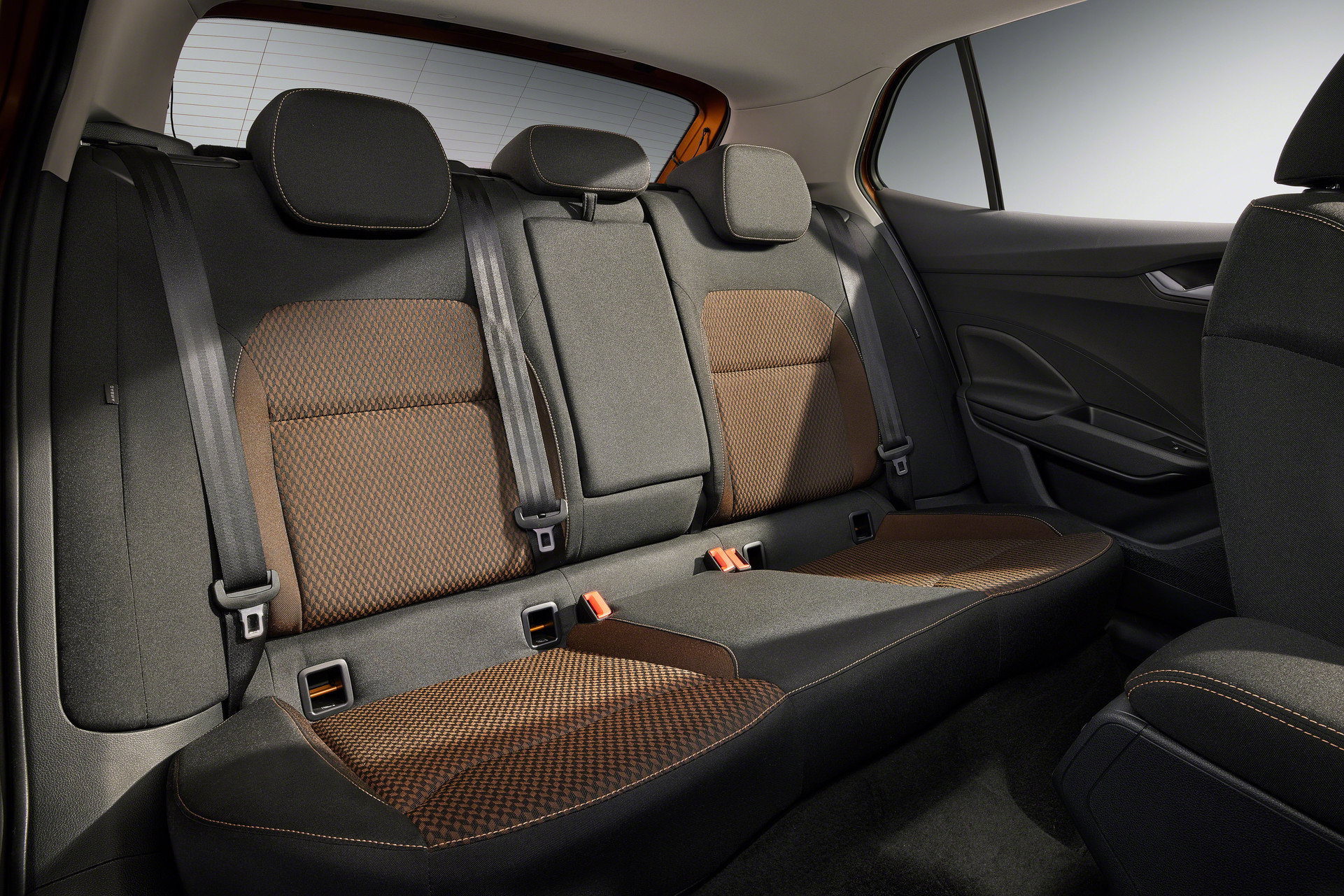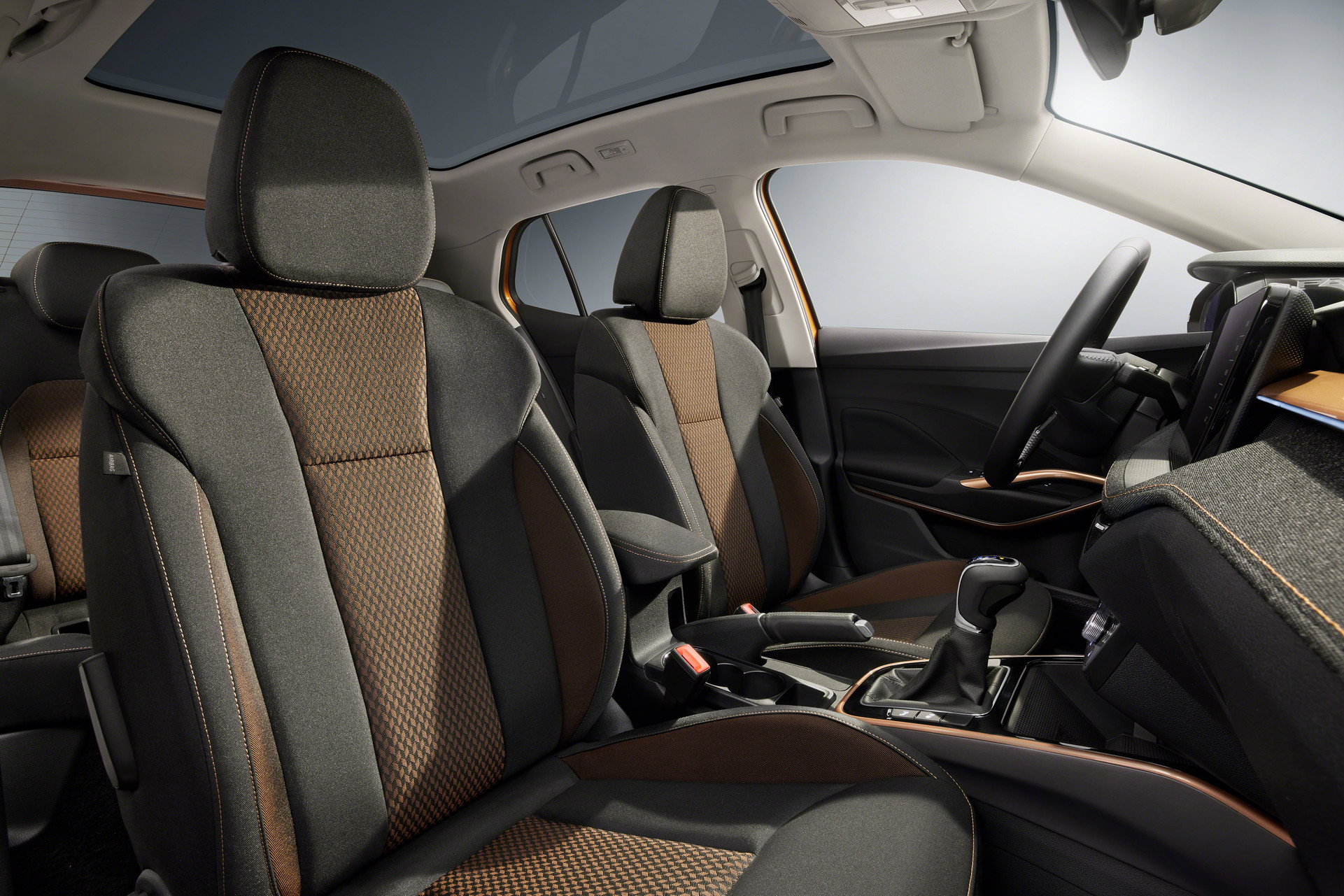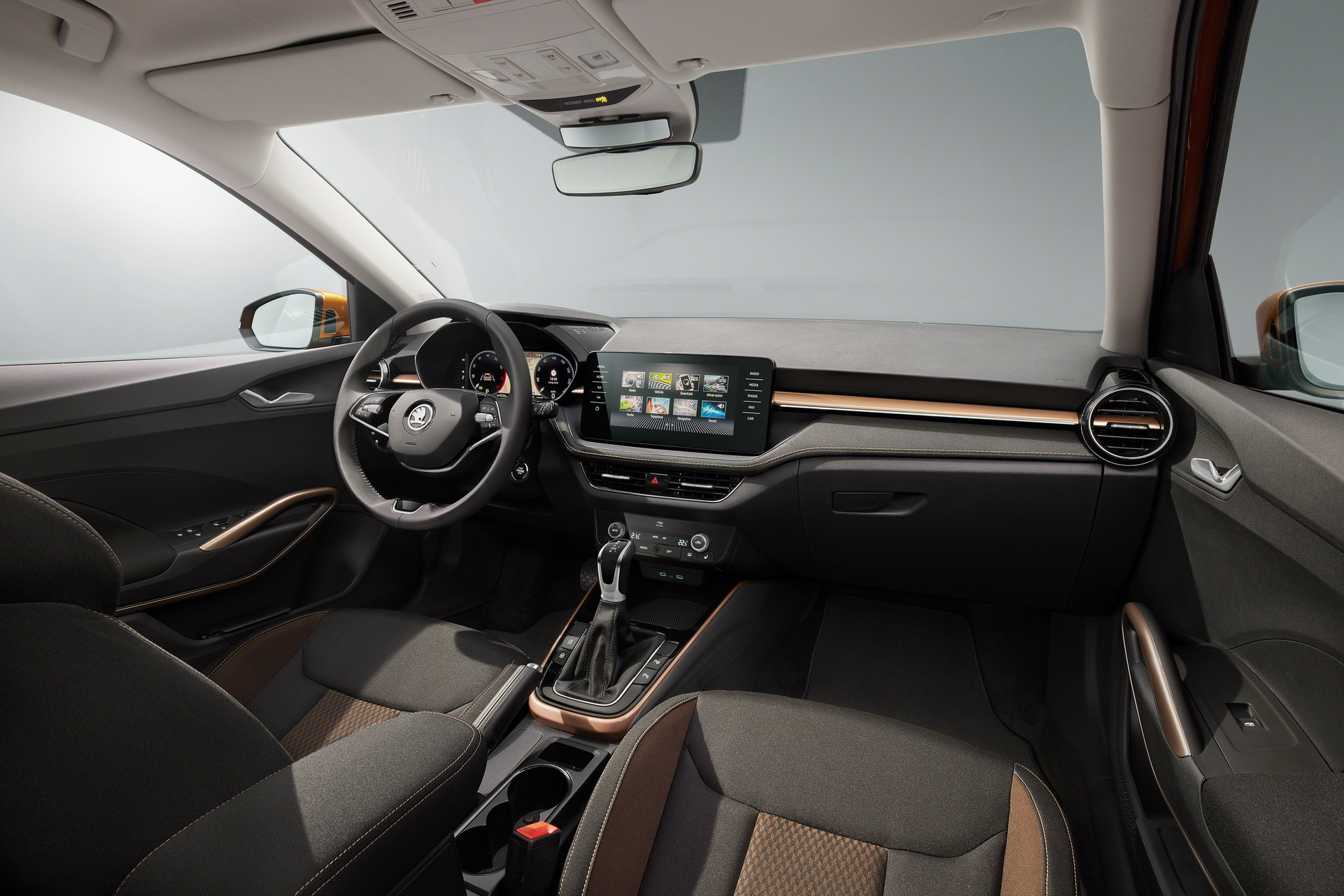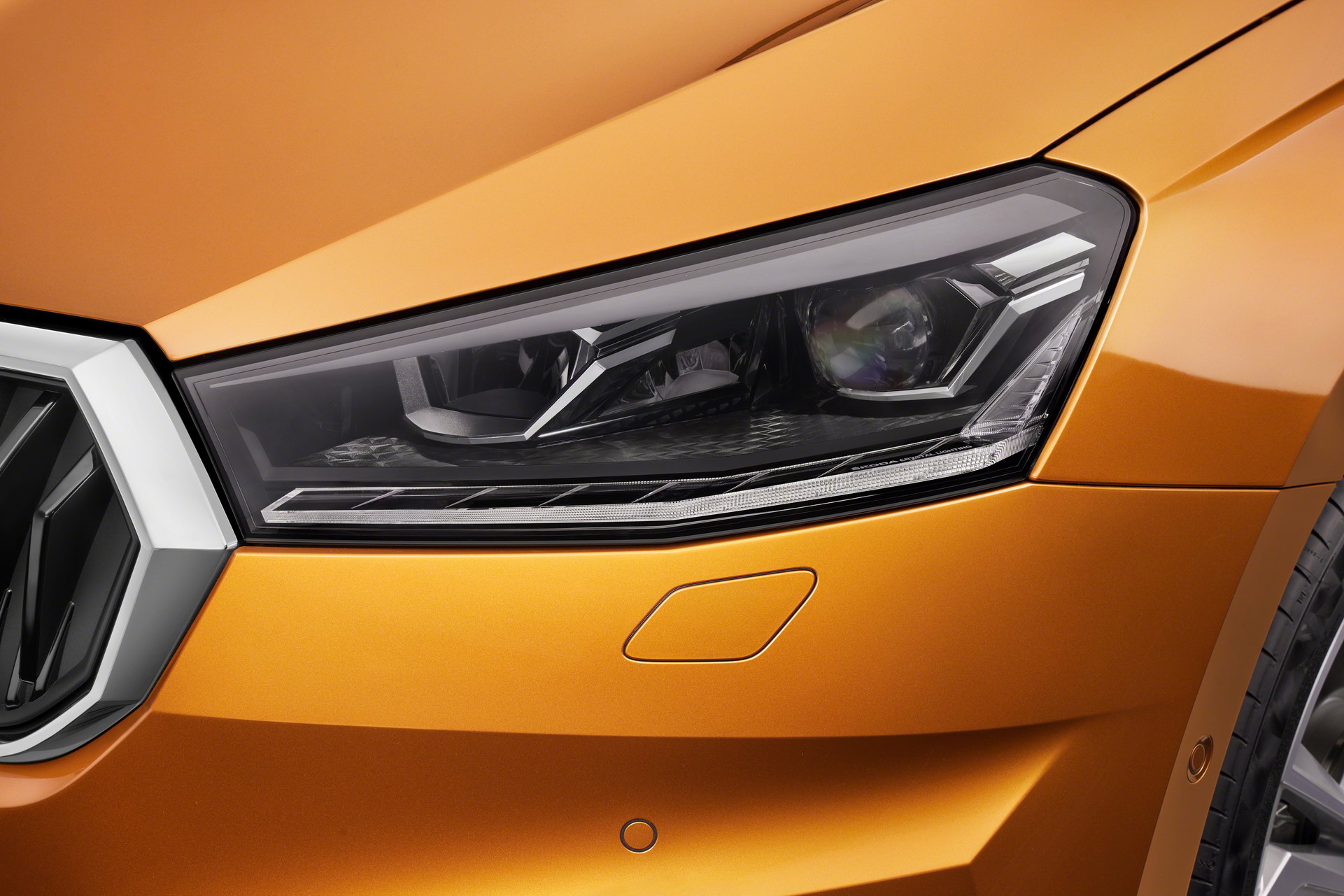Skoda has taken the wraps off the brand new, 2021 Fabia. Based on the Volkswagen Polo’s MQB A0 platform, the fourth-generation subcompact hatchback gets access to up to 147 hp, a bigger infotainment screen, advanced driver aid technology, and a starting price of less than €14,000 ($16,830 USD) in most European markets
“The Fabia has been an integral part of our portfolio for over 20 years and embodies the core values of our brand like no other model,” said Thomas Schäfer, Skoda’s CEO. “The latest generation has everything it takes to seamlessly build on the success of its predecessors.”
The Lowest Cd Of Any Competitor
Indeed, Skoda has chosen to refine, rather than revolutionize the look of the Fabia. The new design isn’t a massive departure from the third-generation car although it is 11 cm (4.3 inches) longer than the outgoing model.
There are improvements to the Fabia’s design, though. The proportions, for instance, have been massaged to make it look more “dynamic and grown-up.” The door handles have also been reshaped to look more triangular, a nod to the Czech flag.
Further, the team worked to make the grille be more upright and prominent. This doesn’t hurt the car’s aerodynamics, though. With a coefficient of drag of just 0.28, it’s the most slippery subcompact on sale in Europe.
Skoda used those aero improvements to help the Fabia create less wind noise. Using aero-acoustic simulation methods for the first time, the team reduced air turbulence and air flow on the body, as well as vibrations on the side windows that can cause whistling noises interior. So the more refined look means a more refined experience inside.
Nine exterior colors are available on the new Fabia including the pictured Phoenix Orange. Wheels start at 14-inches in diameter, but go all the way up to 18-inches, depending on trim.
“With the fourth-generation Fabia, we have taken the next step in our brand-typical, emotive design language,” says Oliver Stefani, head of design. “We have deliberately not changed the essence of the Fabia: as is typical of a Skoda, it is a functional and practical everyday companion.”
Three Engines Options
Although the new design is what will catch your eye first, it’s what’s under the skin that has made the biggest change for the 2021 Fabia. Thanks to its new platform, a range of modern engines will be offered thanks to the new platform it sits on.
Most Fabias will feature just three cylinders and will displace just 1.0-liter. The lower-trim, naturally aspirated engines will make between 64 and 79 hp (65-80 PS) and will send power to the front wheels via a five-speed manual transmission.
Also Read: 2021 VW Polo’s Golf-Look Facelift Brings Digital Instruments And Big-Car Safety Tech
The higher trim models, meanwhile, will be powered by a turbocharged version of the engine making between 94 and 109 hp (95-110 PS). For these, a five-speed manual or six-speed DSG can be chosen for gear selection duties. The highest trim models, finally, will get a 1.5-liter four-cylinder engine making 147 hp (150 PS) coupled to a seven-speed DSG. No diesel will be offered.
All of the three-cylinder engines can go more than 900 km on the WLTP test cycle thanks to a big gas tank and fuel-efficiency gains. The economy gains come down to improvements like plasma-coated cylinder blocks for the 1.0 engine, as well as the improved aerodynamics.
Those also help performance. The 1.5-liter Fabia will be able to hit 62 mph in 7.9 seconds while the smallest engine will get you there in 15.1 seconds. Fuel economy, meanwhile, ranges from 5.1 l/100 km (46 mpg) in the smallest engine to 5.6 l/100 km (42 mpg) in the biggest.
The option of a five-speed manual in lower-trim models ought to make enthusiasts happy, as will the traditional, lever-operated hand-brake.
Big Tech, Small Car
Aiding drivers will be the Travel Assist Package, which adds automated driving aids to the subcompact hatchback. Along with predictive cruise control, lane assist, traffic jam assist, and emergency assist, the new Fabia will also be able to park itself.
Speaking of tech, the new Fabia will also feature bigger infotainment screens. Like the new Polo, the Fabia gets a standard 6.8-inch touchscreen, but buyers can opt for a 9.2-inch screen. As is the fashion with VW Group cars, there are screeny-buttons on either side of the screen, though it seems that actual physical buttons for the HVAC controls.
A 10.25-inch digital gauge cluster will be available, helping the Fabia look a little more modern inside. This is the Fabia’s first-ever digital cluster, so drivers can opt for simple round dials. They can also pick Modern, Reduced, and Extended designs.
The new tech allows for more colors inside, too. Along with the orange or grey contrast stitching, drivers can pick from red or white for the decorative lighting. Five USB-C sockets should allow anyone in the car to charge their device.
All of these improvements are helped by the MQB A0 platform, onto which the Fabia slots. But the biggest advantage will almost certainly be the extra size that the platform offers. It’s 110 mm (4.3 inches) longer and 48 mm (1.9 inches) wider than the third-gen car at 4,107 mm (161.7 in) long and 1,780 mm (70.1 in) wide.
The wheelbase has also grown by 94 mm (3.7 inches), making it identical in size to the new VW Polo and Seat Ibiza. That also means a 50 liter (1.7 cu-ft) bigger trunk than its predecessor at 380 liters (13.4 cu-ft) and weight has only gone up slightly.
Simply Fabia
This being a Skoda, there are also some clever features. These include an elastic band pencil holder, a removable cup holder between seats, an umbrella in the driver’s door, USB-C sockets on the rear-view mirror, card and coin holders and more.
A sporty Monte Carlo version is expected to arrive later along with a longer wagon version. No vRS version has been hinted at yet.





